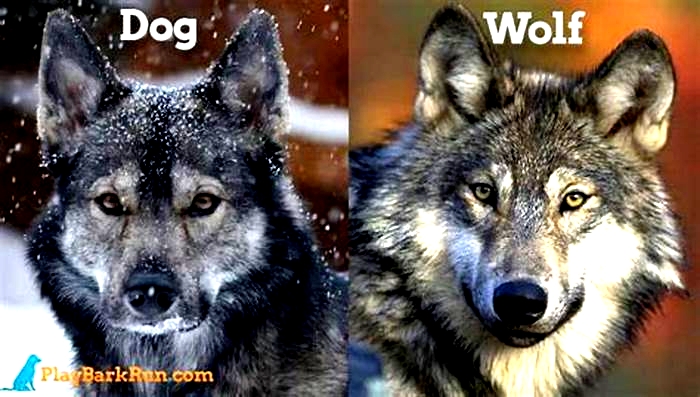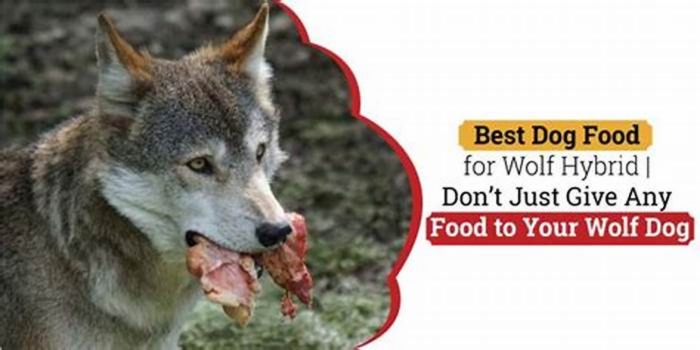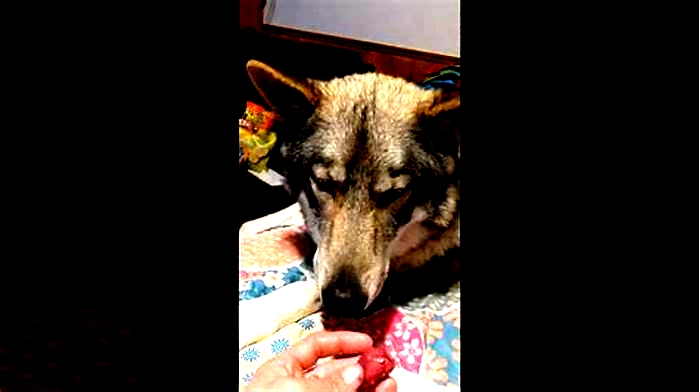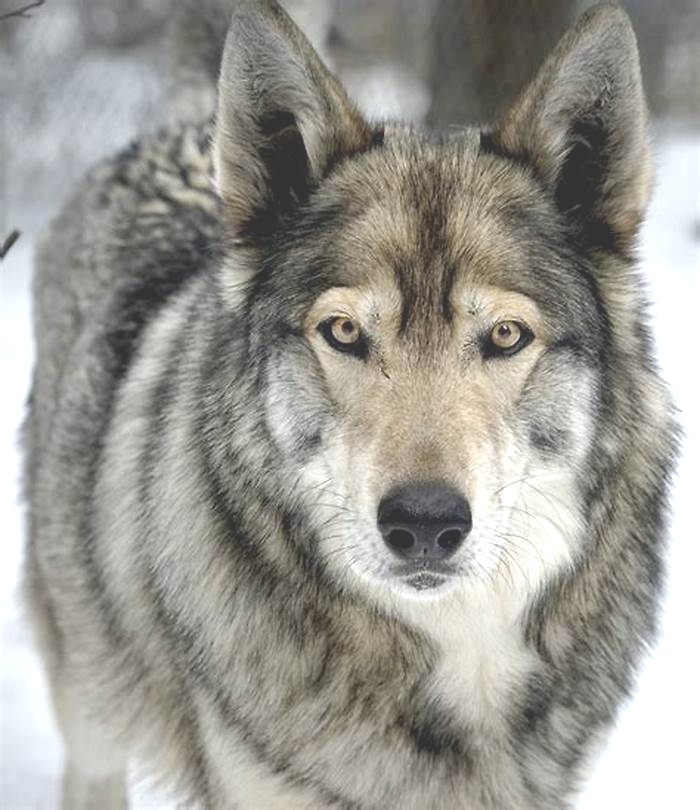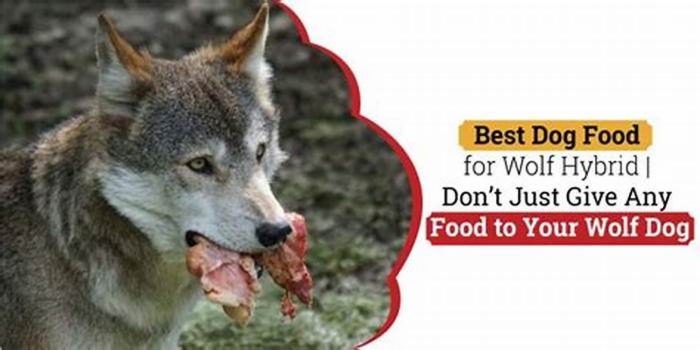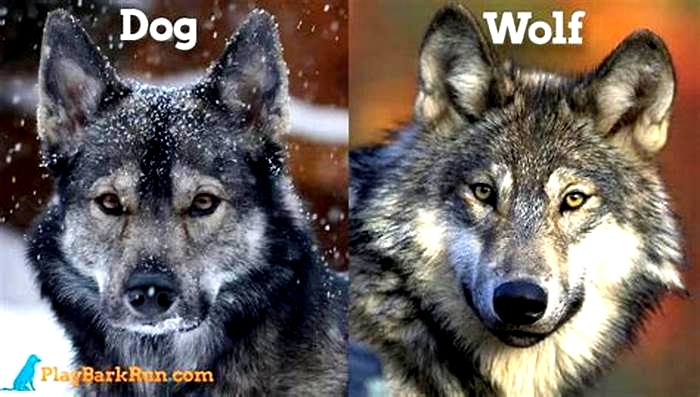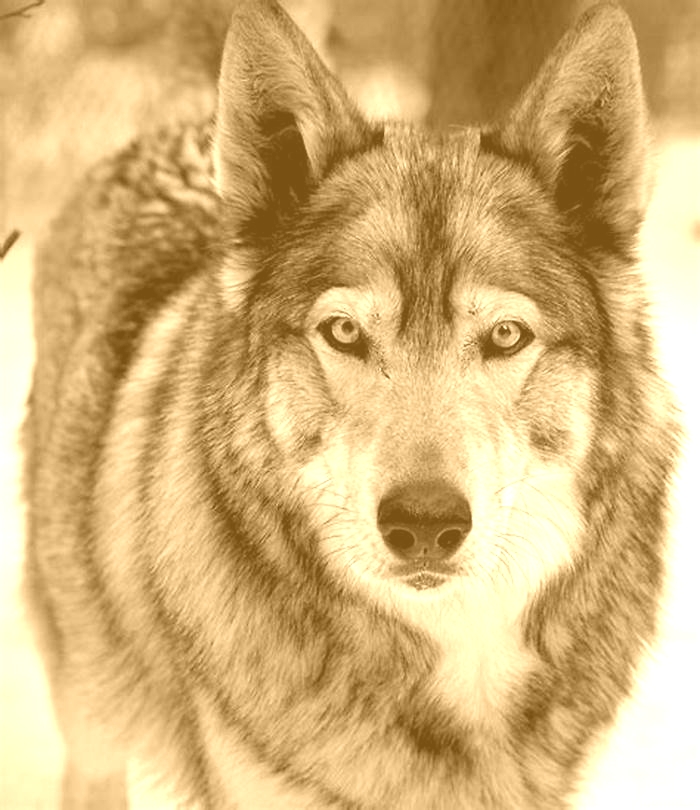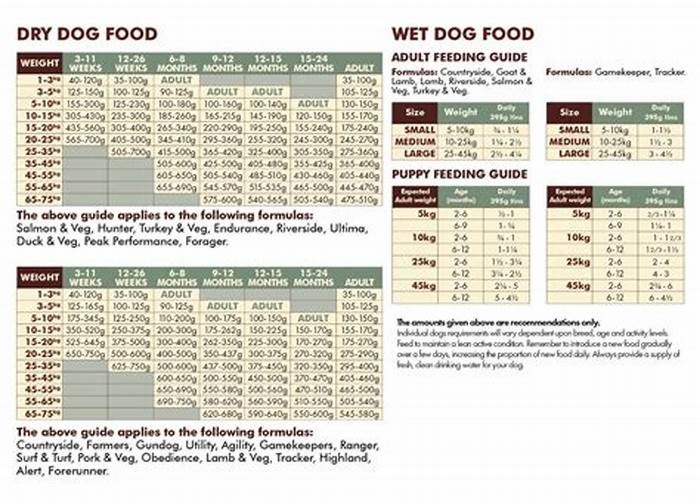What is the difference between a wolf and a wolf hybrid
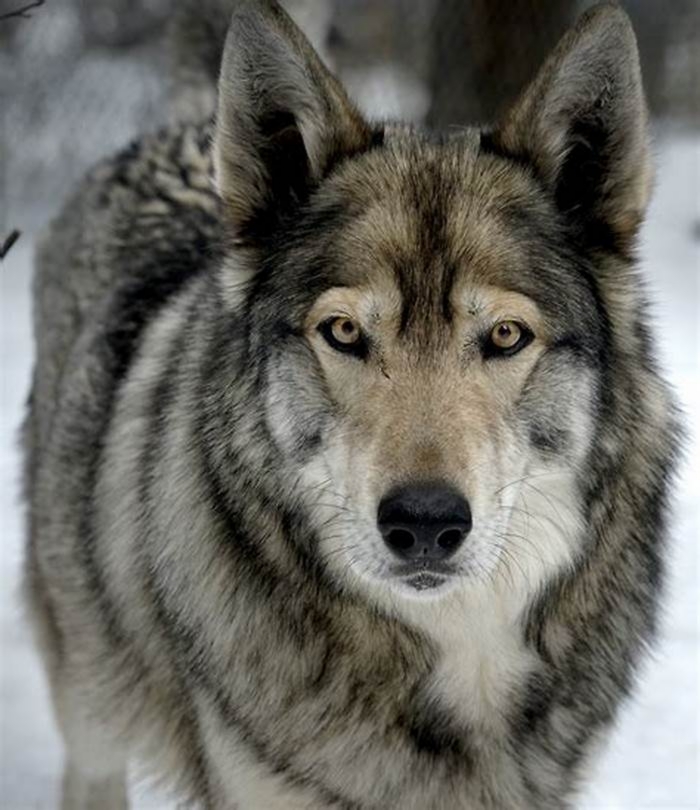
Wolf-Dog Hybrids
Myths Regarding Wolf Hybrids
MYTH:A wolf hybrid will make a better guard dog.
FACT:Due to the shy nature of wolves, hybrids usually make poor protection dogs. Aggressive tendencies, if any, in the hybrid may be fear induced and as such, can be unpredictable and hard to control.
MYTH:A wolf hybrid will live longer than a dog.
FACT:The life span of a wolf in captivity is 12-14 years the same as a large domestic dog.
MYTH:Hybrids are healthier than dogs, and are less prone to disease.
FACT:Wolves and dogs are prone to the same infectious diseases. There may be some question as to the efficacy of standard dog vaccines in wolves and some hybrids.
MYTH:Huskies and malamutes are part wolf.
FACT:Huskies and malamutes are breeds of dogs, like any other.
Wolf Content in the Hybrid
Many breeders who deal in wolf hybrids promote the wolf content of the pups and even set their prices according to the amount of wolf blood in the litter. This is not based on sound biology or genetics.
When one breeds a dog with a wolf, the offspring will inherit a set of genes from each parent, and are indeed 50/50 that is, one-half dog and one-half wolf. However, when these animals are backcrossed with other wolves, dogs, or hybrids there is no way to calculate or manipulate which genes are passed to any individual offspring. Often breeders believe, for example, that a 50 x 50 hybrid backcrossed with a 100% wolf would yield an offspring that is 75% wolf. However, that would only be an AVERAGE amount of wolf in many backcrosses. Any INDIVIDUAL animal might inherit all the dog genes from the hybrid and be 50 x 50 both physically and behaviorally. Or conversely, any individual could be predominantly wolf, or any variation or combination in between. It is like throwing 50 blue marbles representing a male parent and 50 yellow marbles representing the female parent into a bag and randomly selecting the 50 marbles that will represent the DNA of one offspring. You dont know what you will get. The ideal result would be an individual that looks like a wolf, but behaves like a dog. Unfortunately, often one ends up with an animal that looks like a dog and has the perceived obstinate nature of a wolf.
There are genetic tests available. Those tests look at 3-4 genetic markers, depending on whether it is a male or female. According to the testing lab, what the test can tell the owner is whether there has been wild wolf DNA in that domestic dogs lineage in the past three generations. Others dont see the test as reliable yet, and what the analysis shows is that the DNA sample simply does not match any known domestic dog DNA on file. This all contributes to the uncertainty of how to determine what is a hybrid. People working with hybrids often look at several factors: physical appearance, and behavioral history to make an educated decision about whether an animal is a hybrid. The result is to label hybrid as low, medium, or high content wolf depending on the degree to which the animal looks and behaves like a wolf.
Wolf Dog Hybrid: The Honest Truth about Owning A Pet Wolf
Wolfdogs are loving, loyal creatures that will stay by your side no matter what. Hybrid wolf crosses get very attached to their owners.
Their loyalty is unmatched, and when they are adopted at a young age, their owner has the opportunity to form an intense bond with them and stick by you faithfully.
But you might be wondering what a wolf dog temperament is? Here are some behaviors you can expect from amid content wolf dog.
FRIENDLY
Wolf dog hybrids are generally friendly towards others but have been known to become aggressive when they feel threatened or in danger.
HIGHLY INTELLIGENT
Wolfdogs are very intelligent animals, and they should be treated as such! They enjoy mental stimulation and need to have tasks for them to do on a regular basis.
TIMID/SHY NATURE
Shy by nature, wolf dogs can be difficult to socialize. When wolf puppies are not socialized early in life, they can remain skittish to strangers all their lives. They need lots of outdoor time and human interaction in order to thrive socially.
NEEDS HIS FAMILY
Pet wolf-dog hybrids require the presence of their families and are uncomfortable when left alone. These types of dogs possess a pack mentality and thus require a fellow canine or consistent human companionship. Providing your wolf-dog with companionship is crucial in preventing him from feeling isolated.
SEPERATION ANXIETY
Unfortunately, Wolf pets have major separation anxiety. They willdestroy everything in a frantic panic when you leave them alone inside. It has helped having our other two dogs around when we leave Cruze alone. Since wolves communicate through touchpetting him also helps him feel less anxious.
DESTUCTIVE BEHAVIORS
Being considered wild animals, if wolf dog hybrids are left on their own for too long or neglected in any way, they will become destructive out of boredom or loneliness.
HIGH ENERGY
Wolfdogs have high energy and need to be provided with the right environment that is stimulating. They require a lot of exercise every day, because they can become destructive if they dont have enough mental stimulation.
Wolf Dogs vs Wolf Hybrids: Whats the Difference
Have you ever considered getting a wolf dog or wolf hybrid? These interesting animals have gained popularity in recent years, but theres still a lot of confusion about what they are and how they differ from regular dogs.
In this post, well clear up the confusion and help you decide if a wolf dog is the right pet for you.
What is the difference between wolf dog and wolf hybrid?
Wolves and wolf-dogs or wolf hybrids have many similarities, but there are also a few major differences you should be aware of.A wolfdog is an animal that is part wolf, usually with one parent being a wolf while the other is either a domestic dog or another species of wolf.
This hybrid remains relatively wilder than a domesticated dog because the majority of its ancestors are wolves. Wolf hybrids, on the other hand, do not contain any actual wolves in their lineage. Instead, they are created by crossing dogs and domesticated coyotes, jackals, and other animals that have similar looks to wolves.
These hybrids are also not known for being good pets as they respond more strongly to animal instincts than some other breeds due to their genetic makeup. Therefore, if youre ever looking into getting one of these animals as a pet, its important to understand the difference between these two species beforehand.
Is there a difference between a wolf and a wolf dog?
Wolves and wolf-dogs are two animals that often get mistaken for one another, but they are unique creatures. While some of their behavior and physical characteristics may have similarities, there is much that sets them apart.
Wolf dogs, for instance, are a hybrid species bred from wolves and domestic dogs; these wolf hybrids may exhibit both wild and domesticated traits.
On the other hand, real wolves are a wild species of their own their behavior is naturally much more feral than that of even their closest relatives.
The differences between wolves and wolf dogs not only lie in their origins but also in temperament; whereas wolf dogs can be handled by humans with relative ease, it is highly inadvisable to provoke or handle real wolves as they usually respond aggressively if threatened or scared. The distinctions between these two animals are significant to understand and should never be taken lightly.
How can you tell if a wolf dog is a hybrid?
Hybrid wolf dogs can be difficult to tell apart from their purebred cousins, but there are a few key ways that you can identify them. Typically, wolf dogs will have higher energy levels than their purebred counterparts and may be quicker to bark or howl than other breeds.
They are usually larger than most dog breeds and they often have pointed ears and muzzles similar to wolves. Additionally, they may sport a variety of different-colored coats with markings similar to wild canids such as grey wolves or coyotes.
You may also be able to look at their pedigrees to determine if their parents were hybrids or purebreds although this isnt always the case. Ultimately, hybrid wolf dogs provide unique companionship for those with the time and energy to care for them properly.
What is a hybrid wolf dog?
A hybrid wolf-dog commonly referred to as a wolfdog is a type of domestic animal resulting from the mating of two animals from different species in this case, part domestic dog and part grey wolf.
These majestic creatures can make powerful and loyal companions if trained from a young age. Amazingly, due to advances in science and understanding of genetics, we now know that when a wolfdog is bred with a domestic dog the result can be even more domesticated than just a regular canine alone!
As they maintain some characteristics of wolves while having been domesticated over time, they require special handling and training to help them live in harmony with humans.
Is a husky a wolf hybrid?
While it can be tempting to think of Siberian Huskies as a fascinating mix between wolves and dogs, the truth is much more straightforward.
Being classed as a spitz type of dog, huskies do share some characteristics with their wild cousins such as pointed ears and instincts but they are a domesticated breed all their own; bred to work hard and help humans with tasks like hauling sleds across icy mountainsides.
These days they make wonderful pets, provided you have the time to give them appropriate exercise since their instinct towards roaming remains. All in all, while undeniably majestic and awe-inspiring animals, huskies are still just dogs!
Can wolf hybrids be pets?
Wolf hybrids can be very interesting pets, but they come with a lot of responsibilities. As an owner, you will need to exhibit strong leadership and a firm hand in the training process. These complex animals need clear expectations as well as plenty of mental & physical stimulation to be satisfied.
They require more engagement than many other domesticated animals and they must be exercised regularly both physically and mentally. All in all, if you are prepared to commit, wolf hybrids can certainly make loyal & loving pets.
The Bottom Line
In conclusion, wolf dogs and wolf hybrids are two distinct animals with startling differences. Wolf dogs are bred from a specific line of wolves and have been bred for decades to be respected canine companions.
Wolf hybrids, on the other hand, appear more like wild animals with unpredictable behaviors and should not be kept as pets. While the two may look similar, their unique temperaments and personalities set them apart. It is important to know the distinctions between wolf dogs and wolf hybrids to differentiate them especially if you are looking into adopting one of these lovable creatures.
If you do decide to bring one home, make sure they have plenty of space to run around in and enough mental stimulation so they dont become bored or overly anxious. Ultimately, both animals need love and attention just like any pet so make sure you are prepared for that responsibility if you think either one could be a good fit for your home.
 Wolf vs Husky
Wolf vs Husky
Sometimes, people are unable to differentiate between a wolf and a husky, but there are several differences. Husky is a general term that is used for sled dogs. In the olden times, huskies were generally used as sled dogs, in the northern areas, but nowadays, people keep them as pets too. The original term is Eskie, but its corruption has led to the term Husky. The common breeds of huskies are the Siberian and Alaskan Husky. The wolf, on the other hand, is the largest member of the canine family. Its origins can be traced back to 300,000 years, and it survived the Ice Age. DNA testing has confirmed the fact, that wolves and dogs, have common ancestry.
The wolves are the prime, or apex predators, in their ecological system. The huskies, on the other hand, do not occupy the prime position. Another difference between the two, is that wolves have been known to thrive in various types of climates, like temperate zones, mountains, tundra, taiga and grasslands, but the huskies have a thick fur that protects them from cold weather, and they cannot survive in areas with high temperatures.
Wolves are a protected species in some areas, while in others they are hunted for fun. Huskies are not hunted. The wolves, unlike huskies, regularly feature in the folklores of various cultures across the world.
There are many types of huskies, like the Siberian husky, Greenland husky, Mackenzie River husky, Sakhalin husky and Alaskan malamute.
The wolves generally have a greyish white coat, while the huskiescoats have more colours, like brown, black, and white. The wolves depend more on their stamina, rather than speed, for hunting, while the huskies depend more on their speed.
The wolves paws are adapted to be able to walk on a wide variety of terrains. The eye colour of huskies vary from brown to blue. Even though huskies are kept as pets, they show some wild behaviour, like fierce independence and resourcefulness. On the other hand, wolves are territorial animals, and are usually found in packs. They are wild and temperamental. The young wolves stay with their parents up to the age of 1 or 2 years, and after that they leave the pack to form their own. Young wolves never challenge the older wolves to take on the leadership. Wolves that have erratic behaviour, or those which have been shot by a gun, are generally killed by the fellow members of the pack. Some wolf species never socialise, and spend their life in pairs, or as individuals.
Summary:
1. Wolves can survive in a variety of climates, ranging from tundra to deserts, while husky cannot survive in hot climates.
2. Unlike wolves, huskies can be kept as a pet.
3. Huskies have various coloured eyes.
Latest posts by Manisha Kumar
(see all)Sharing is caring!
: If you like this article or our site. Please spread the word. Share it with your friends/family.

